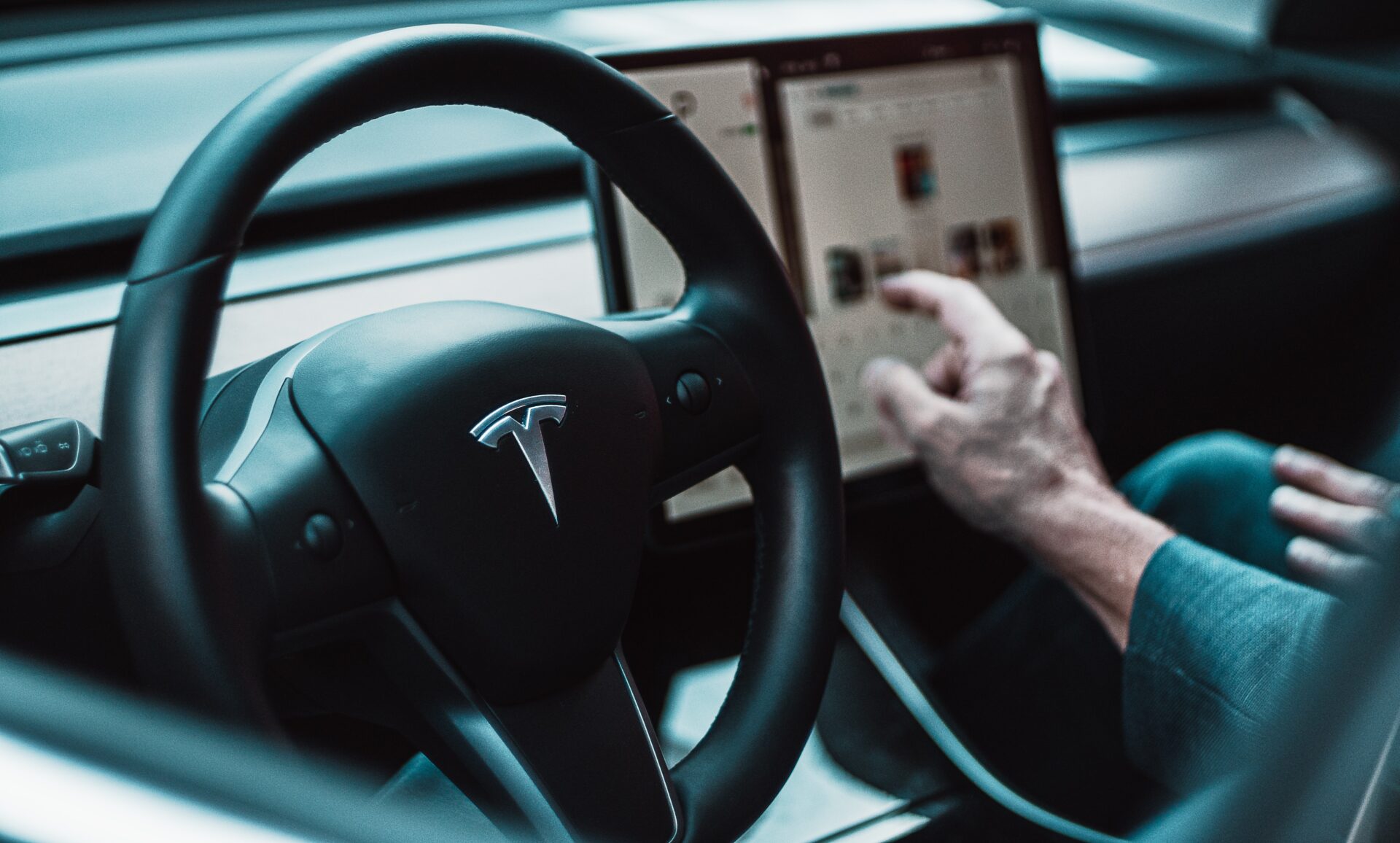Last week, CNBC and SDW published a beautiful graph that compared automaker Tesla’s market cap (at that time U$ 665, now already U$ 805 billion) with that of the ten biggest global automakers (U$ 668 billion that same day). The second number is thus the combined value of investments into Toyota, Volkswagen, Mercedes, GM, BMW, Honda, Fiat Chrysler, Ford, Nissan, and Subaru. In total. Under the graph, total gross revenues are also shown, which for Tesla were $ 28 billion, and for its ten competitors, $1302 billion, i.e. 16.5x the first number. In 2020 the value of Tesla’s shares grew by $ 500 billion and will probably not be coming down any time soon. On 21 December 2020 the shares were included in the S&P 500, thus automatically gaining another shareholder base among institutional as well as passive investors who invest into index-linked ETFs. Founder Elon Musk became the richest man in the world, overtaking Jeff Bezos for the first time.
Much has been written about the fact that Tesla met its 2020 production plan of 500,000 electric cars. Some commentators laconically add that this is roughly 1 % of the total number of cars produced last year worldwide. Others note that fulfilling your own production plan is a relatively routine thing, something that’s expected, and doesn’t usually result in such unprecedented appreciation. And yet nobody can even claim any more that Tesla products are exceptional (everyone is making electric cars now) or the best. Polestar 2, Jaguar I-Pace, Audi e-tron, VW ID.3, Volvo XC40, and especially Porsche Taycan are now in the same class, and competition will continue to mount. So why do investors give such significant preference to Tesla over automakers with a century of tradition, a huge R&D team, millions of test kilometres driven, and the entire (here you can insert: German/Japanese) auto industry being them?
Elon Musk is of course a master of marketing and PR, plus he’s got the advantage of being the first player on the market. But that’s not all. Tesla shares have become favourites among retail investors, especially young “online-only” ones, who are also a quite recent phenomenon. Often, these investors engage in investment and even day trading thanks to the explosion of applications like Robinhood, which offer commission-free trading (which also resulted in the collapse of trading fees at traditional brokers like Charles Schwab). They make intense use of social networks, where they exchange investment tips, and overall treat buying shares like great fun, something comparable to e-sports. They usually don’t put much stock in traditional fundamental analysis, or even scorn it outright.
In Tesla’s case many sophisticated hedge funds, which on the contrary base their strategies on fundamental analysis and integrated data analysis, decided to try and buck the trend, which has not played out well for them so far. In 2020 they lost a total of about U$ 39 billion. At some point in time, in order to close out their short positions (at a loss), they also had to buy Tesla shares, which they had merely borrowed. They thus also added to the overall demand for an already popular stock and helped send Tesla stocks to heights where calculating any indicators definitely no longer makes any sense.
Lots of analysts are wondering whether it’s all just a bubble and when it will burst. I think that something else may be going on. As we know, the current global monetary system is based solely on trust. You can’t eat money, and with electronic money you can’t even play with it. But if we all believe that it’s got some sort of value, we can exchange it for bread and butter, for example. Stock markets are similar. Everything works if we all believe that they behave in a certain manner. If we follow the same rules, calculate the same P/E, EV/EBITDA, EV/sales and dozens of other indicators and buy and sell shares according to what analysts agree on or trading algorithms tell us to do. When some company reports better than projected results, it’s a signal to buy, and vice versa. But these rules apply only if we all respect them. When enough people decide (which is evidently the case with Tesla, and not only Tesla), to ditch these rules and invest according to instinct, discussions on social networks, the amount of likes, the colour of Elon Musk’s underwear, or some other criterion, and remain faithful to this criterion, it can lead to permanent change. The rest of us who arrogantly think that we know better can be in for a big surprise.
Personally, I think that this new trend, significantly accelerated by the house arrest called Covid-19, is here to stay. Companies with the greatest number of likes don’t have to produce or sell the best product or make the most money. Investors will want to invest in them anyway, and so theirstock prices will go up. The only good old rule that still applies here is that of supply and demand… What this means for the future of stock markets isn’t yet clear. Gamification of investment can bring new players to the market, which is probably a good thing. But to turn the market into a horse race, where part of the public bets according how the horse has run up to now and the rest according to whether they like its name or the colour of the jockey’s uniform that day? Then we can but hope that the amount of money printed up to now by central banks and that they will continue to print will be enough for everything to keep going up and up…
Author: Andrea Lauren



